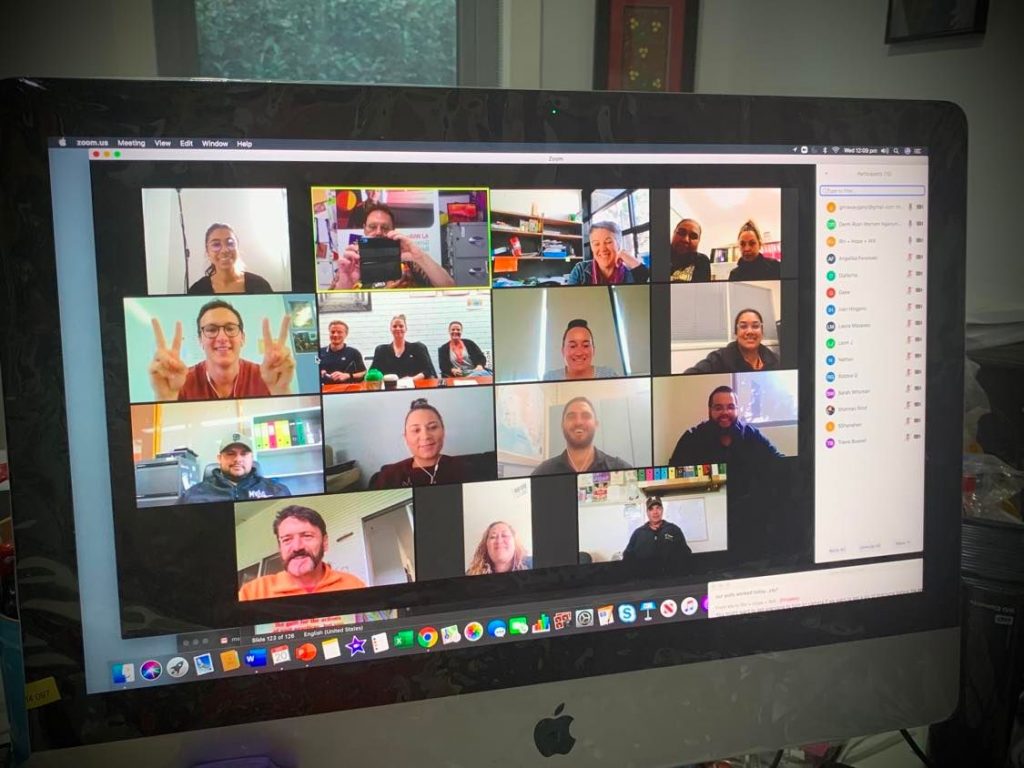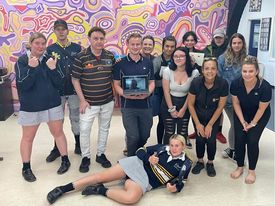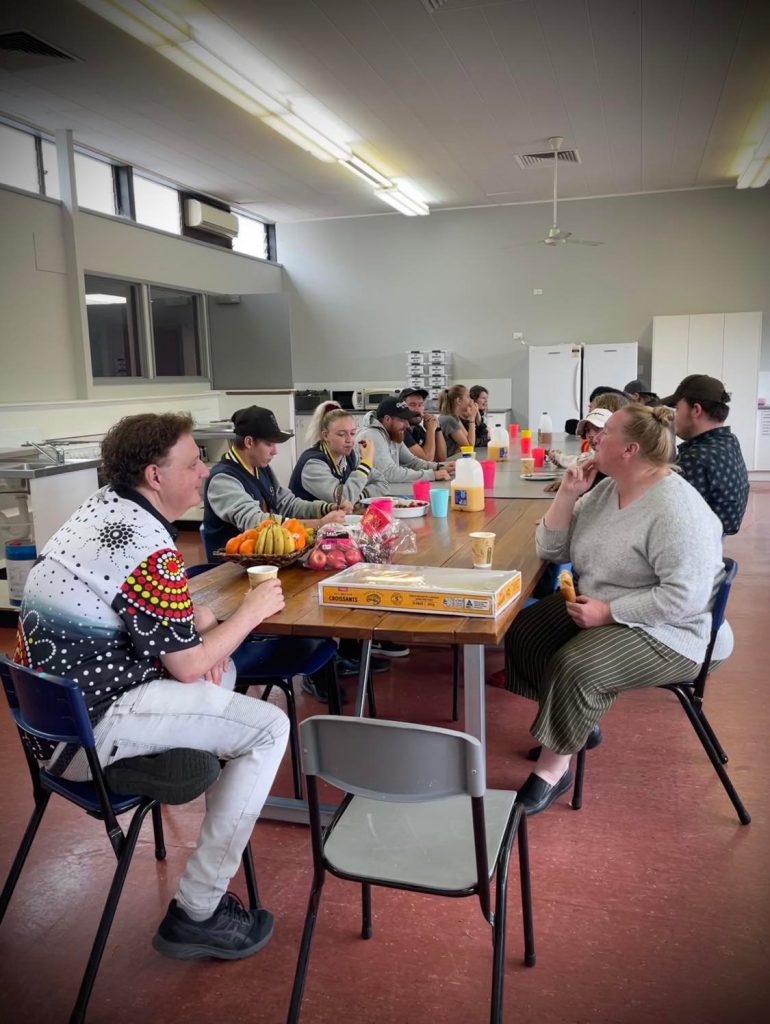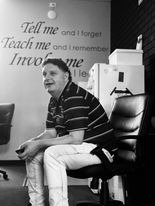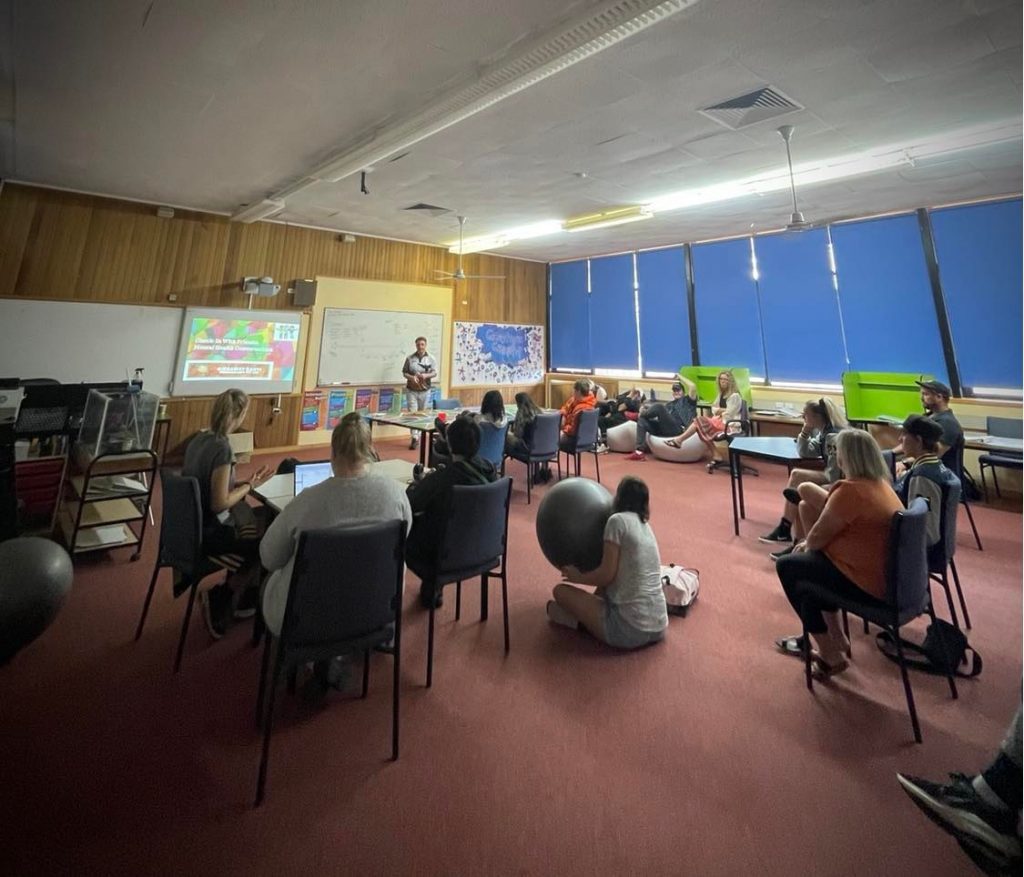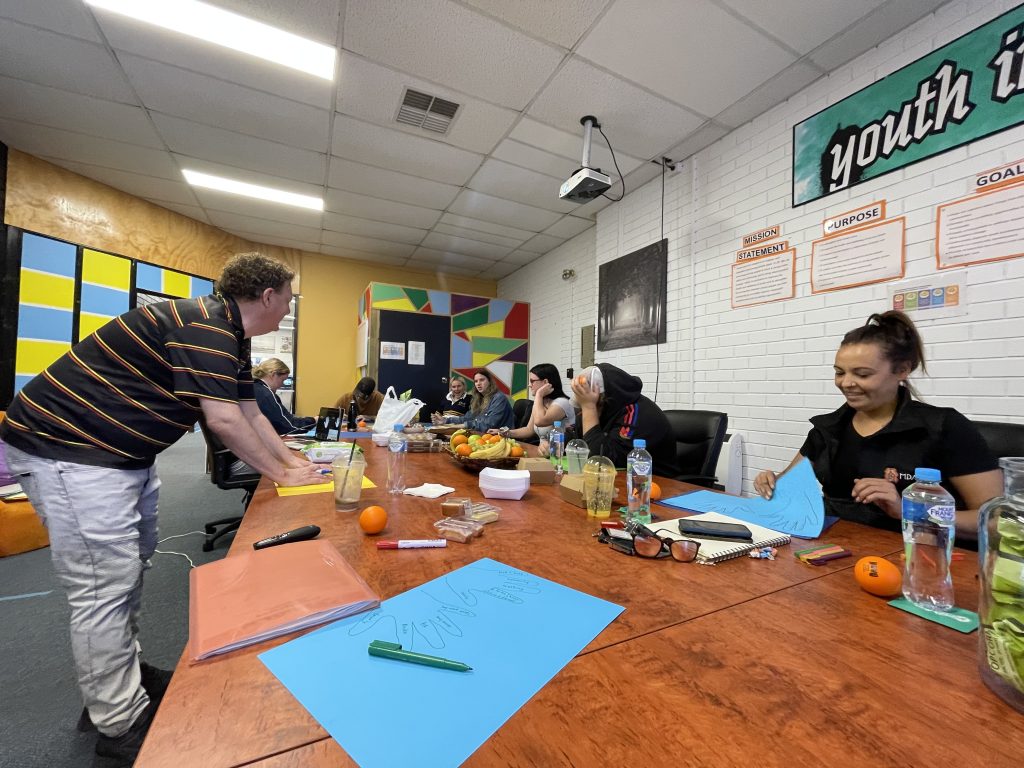Foundation for Rural & Regional Renewal (FRRR)
Youth mental health is an issue that many organisations and communities across the country work hard to improve. Raising awareness through conversation and proper guidance is crucial to improving and strengthening the mental health of young Australians. In the northwest of Victoria, you’ll find the city of Swan Hill where Youth Affairs Council Victoria (YACVic) are doing just that. As the leading advocate for young people aged 12-25 in Victoria, they work closely with young Victorians and the sector to support them and deliver effective advocacy.
Over the past two years, YACVic have hosted the ‘Turning Ideas into Action’ and ‘What Matters’ youth forums across Victoria. Through these forums, young people have identified mental health as a major priority. A report conducted in 2010 (Working Together: Aboriginal and Torres Strait Islander Mental Health and Wellbeing Principles and Practice) identified young Aboriginal people are at increased risk of experiencing mental illness and are also less likely to engage with mainstream youth mental health services. To improve this situation, YACVic wanted to create a space that would be culturally safe and relevant for Aboriginal and Torres Strait Islander youth.
YACVic sought funding to deliver culturally specific Mental Health First Aid (MHFA) training program – Deadly Yarning & Learning. The training session would target 20 Aboriginal and Torres Strait Islander young people and then ten additional people to work with them on a regular basis as mentors in Swan Hill and Robinvale. The training would be provided by AJ Williams-tchen from Girraway Ganyi to make sure that both the content and delivery is done in a competent and safe manner.
Using a $13,480 In a Good Place (IAGP) grant, supported by CCI Giving, YACVic would partner with local services in the area including Mallee District Aboriginal Services and Robinvale Secondary College to provide the training over two days in each location. The following six months would then involve regular monthly community of practice sessions for the 20 participants to discuss how they have been able to put into practice their training since the initial sessions. The catch ups would also be used as a safe space for debriefing and continued peer learning and development, but also as a way to identify any key issues that had arisen in the community.
After having one training session in each location, YACVic were required to quickly adapt the original plan, with the COVID pandemic and lockdowns causing serious disruptions to the project. To ensure the safety of everyone involved, YACVic decided to postpone the face-to-face youth training component of the project until restrictions eased. They were, however, able to take the mentor training online, which proved to be quite beneficial as they were able to bring five more people on as mentors.
By undertaking the training and participating in the monthly community of practice sessions, Aboriginal and Torres Strait Islander young people will gain skills in MHFA, connect with each other, relevant workers and service providers and increase their confidence and leadership skills while helping to shape local, culturally safe responses to mental health.

